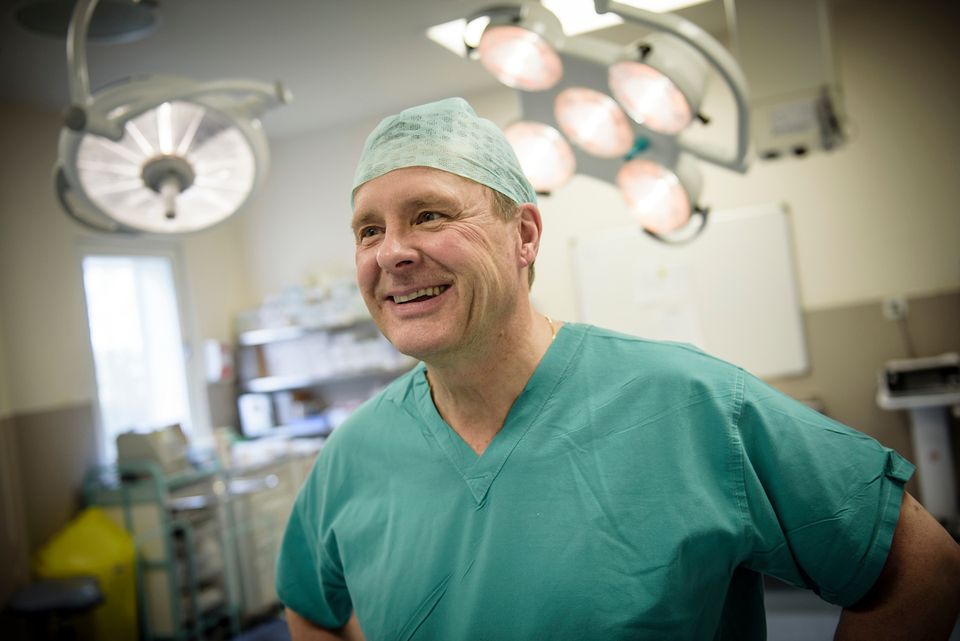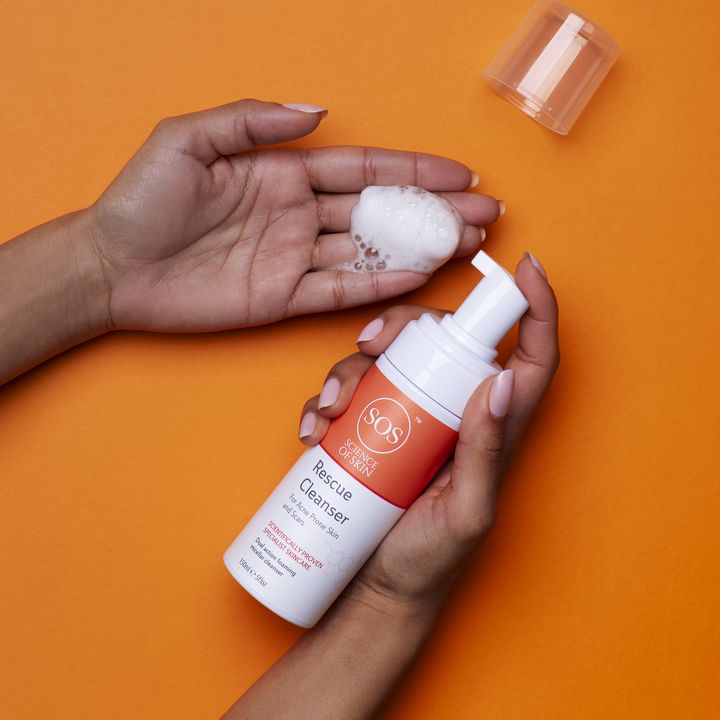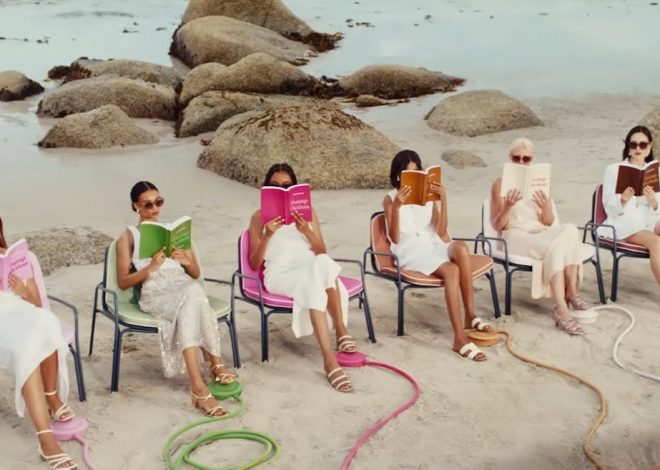
Top cosmetic surgeon warns tweens that retinoid trend may be damaging their face
Dr Douglas McGeorge says: “In essence, what you’re doing is you’re putting acids on your face, and acid isn’t necessarily useful for young skin”
TikTok views of the retinoid hashtag soared past 4.8 billion last year, amid reports of children as young as nine using the potent anti-ageing ingredient on their skin.
Dr Douglas McGeorge blasted the tween skincare trend as “absurd” — and cautioned they could be doing “more harm than good”.
“You’ve got youngsters using what are in essence anti-ageing creams on their faces, which to a large extent of course is absurd because they don’t have ageing to justify needing anti-ageing creams, and they’re actually probably going to do themselves more harm than good,” he says.
“What retinoids are supposed to do is peel off the superficial layers and [penetrate] the deeper layers, that’s where the anti-ageing properties come in. It’s not the way [children] should be looking after their skin.
“In essence, what you’re doing is you’re putting acids on your face, and acid isn’t necessarily useful for young skin.”
Cosmetic surgeon Dr Doug McGeorge
Fast-acting retinoid, typically prescribed, and retinol, a weaker type of retinoid available over the counter, has revolutionised the beauty industry in recent years, with Jennifer Lopez, Nicole Kidman and Victoria Beckham all revealing they’ve added it to their anti-ageing arsenal.
But while the wrinkle-busting form of vitamin A is usually aimed at women upwards of 30, when collagen production has slowed down, dermatologists have revealed how skincare-obsessed tweens are now snapping it up as part of multi-step regimes better suited to much older skin, partly as topical retinoids such as tretinoin can be used to treat acne.
British aesthetician Dr Douglas argues: “They’re getting overloaded [with information], and of course you get the companies marketing [at] children. They read the adverts, ‘This cures this and this will help that’, and inevitably they’re seduced into buying the product because they don’t have the experience or knowledge to know whether it’s appropriate or not for them.
“When kids go through puberty, and they get hormonal changes, it’s very common to get spots.
“Retinoids are also used for acne, but they’re only used where acne is very significant, because they have damaging side effects,” he explains.
“If you have a significant problem with spots, you should seek some medical advice and get the appropriate treatment — not try and do it yourself with things that you can buy on the internet.
“All these products basically try to strip the skin of the oils to try and get around the problem — and that isn’t necessarily good for the skin.
“I don’t know if they’ve done irreparable damage,” Dr Douglas continues of children who are already applying shop-bought retinol. “But if they’re wanting to treat their acne, they should be using appropriate treatments — and if you’re using inappropriate treatments, you run the risk of leaving more scarring there afterwards.”
Science of Skin Rescue Cleanser
“So if you need it, you need it, but it should be prescribed by somebody who has knowledge if this is the appropriate treatment for you.
“If you don’t have a big problem, don’t use harsh treatments.”
As June Acne Awareness winds down, Dr Douglas urged the parents of kids struggling with problem skin to carefully monitor what they’re putting on their skin.
The expert endorses clinically proven skincare brand Science of Skin, with products including a Rescue Cleanser, a foaming cleanser which reduces pore size and redness, and Solution for Scars cream, to reduce the thickness and redness of recently healed scars.
But he insists the most important investment mums and dads can make in their children’s skin health in the long run is SPF.
“Your skin is a very important protective organ and it’s wise to keep it in tip-top shape,” begins the medic.
“You want to use things to begin with that are a little bit gentler on the skin, because you’re not trying to create damage, you’re trying to lessen the problem of spots.
“For kids nowadays, if they are getting problems [with their skin], gentle cleansers are the way forward.
“If they’ve got dry skin, use a gentle moisturiser that’s got an SPF factor in it, so that you’re protecting your skin from the sunshine, because long term it’s sunshine that does a lot of the damage.
“Unless you’ve got a significant problem with spots, kids don’t need any other fancy creams.
“It would be far more sensible as a first line for kids to go down and have a chat with your pharmacist, or for parents to ask their advice, ‘What do you think of this [product]?’, than going online to try and find things that may help them.
“These are skin treatments, they’re not designer clothes for going out on a Friday night, and they should be appropriate for their little one’s condition.”



